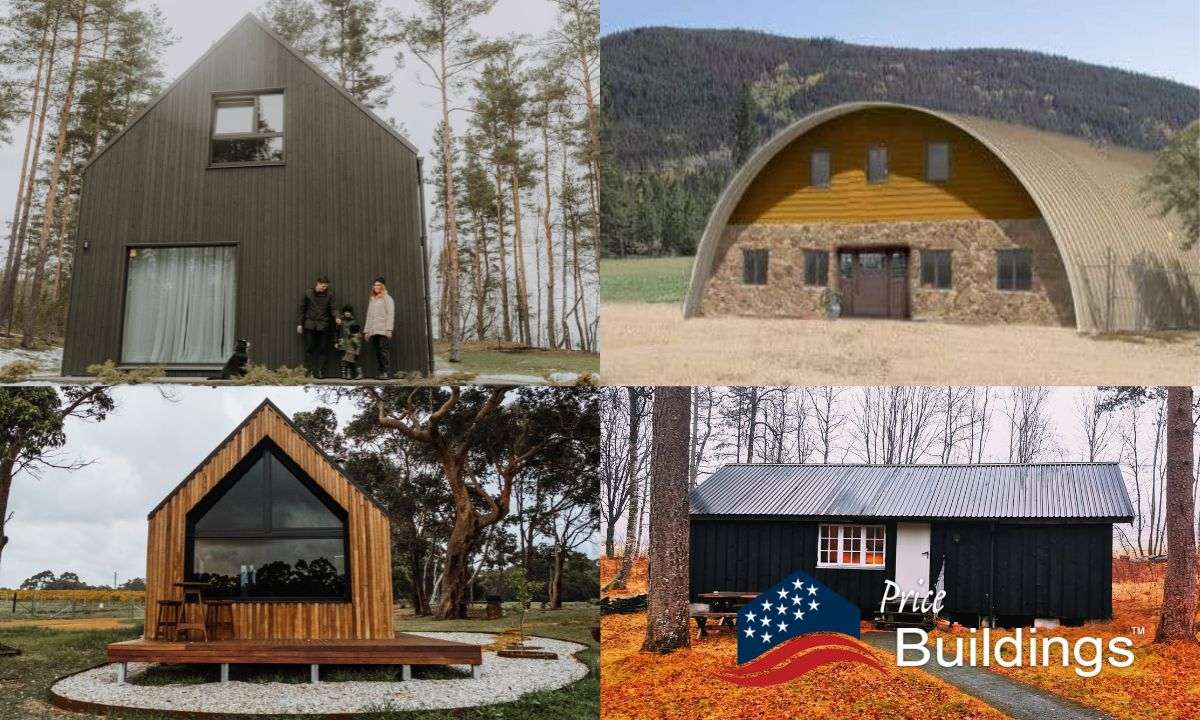Imagine a life surrounded by breathtaking landscapes, a rich agricultural heritage, and the freedom to power your own home with renewable energy sources. That’s what off-grid living in Quebec is all about. As the largest province in Canada, Quebec is home to around 8.5 million people and offers a range of opportunities for those seeking a sustainable lifestyle. From generous incentives for solar and wind power systems to an abundance of freshwater availability, Quebec provides the perfect backdrop for embracing renewable energy and living self-sufficiently. However, it’s not all sunshine and maple syrup, as the province also faces challenges such as natural disasters and high property prices. So, if you’re contemplating a life off the grid in Quebec, it’s important to familiarize yourself with local laws and regulations while also seizing the abundant possibilities that this picturesque province has to offer.
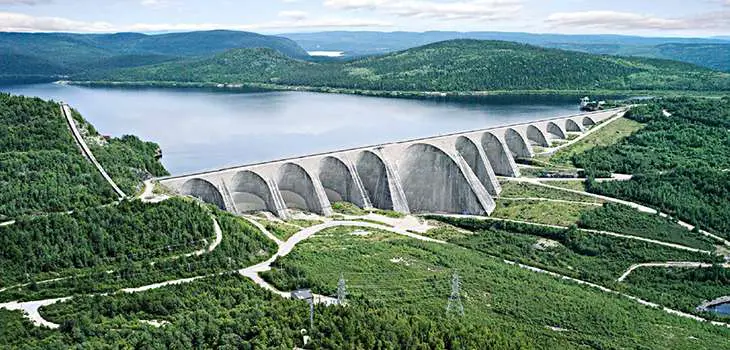
Quebec: The Largest Province in Canada
Quebec, the largest province in Canada, is a captivating destination with a population of around 8.5 million people. It boasts six cities with a population exceeding 100,000, showcasing its vibrant and diverse urban centers. From the bustling streets of Montreal to the charming allure of Quebec City, Quebec offers a blend of historical significance and modern amenities that make it an attractive place to live and visit.
Population and Cities
Quebec’s population is spread across its many cities, with each contributing to the province’s cultural fabric. Among the most populated cities are Montreal, Quebec City, Laval, Gatineau, Longueuil, and Sherbrooke. These urban centers offer a wide range of employment opportunities, cultural experiences, and recreational activities that cater to the diverse interests and lifestyles of the Quebecois people.
High Cost of Living
While Quebec offers incredible quality of life and numerous benefits, it is important to note that the cost of living is relatively high compared to other provinces in Canada. However, the province provides its residents with various programs and incentives, particularly in the renewable energy sector, to counterbalance these expenses.
Generous Incentives for Renewable Energy Systems
Quebec has been at the forefront of embracing renewable energy sources, exemplifying its commitment to a sustainable future. With the aim of reducing carbon emissions and promoting clean energy, the province offers generous incentives and rebates for the installation of solar power systems and wind turbines. Through these initiatives, Quebec encourages homeowners and businesses alike to adopt renewable energy solutions, contributing to a greener and more resilient province.
Embracing Renewable Energy Sources in Quebec
By harnessing the power of renewable energy, Quebec showcases its commitment to environmental stewardship. The province is well-suited for the implementation of renewable energy systems, including solar power and wind turbines.
Solar Power Systems
Solar power systems have become increasingly popular in Quebec due to their efficiency and reliability. The abundance of sunlight, particularly during the summer months, makes solar energy an attractive option for both residential and commercial use. Homeowners can take advantage of tax incentives and government programs to offset the initial costs of installing solar panels. Additionally, Quebec’s net metering policy allows for excess energy produced by solar panels to be fed back into the grid, further reducing energy costs.
Wind Turbines
Quebec’s vast land area and strong winds make it an ideal location for wind power generation. Wind turbines are capable of producing significant amounts of electricity, providing an alternative and sustainable source of energy. The province actively encourages the installation of wind turbines by offering financial incentives and long-term contracts for energy production. This not only benefits the environment but also contributes to the economic growth and job creation within the renewable energy sector.
Benefits of Renewable Energy
Embracing renewable energy sources in Quebec offers numerous benefits to both individuals and the province as a whole. By reducing reliance on fossil fuels, Quebec can significantly lower its carbon footprint and mitigate the effects of climate change. Switching to renewable energy systems also helps stabilize electricity costs, providing long-term savings for households and businesses. Furthermore, the development of the renewable energy sector creates employment opportunities and stimulates economic growth.
Challenges of Renewable Energy
While renewable energy sources offer great potential, there are challenges associated with their implementation. One of the main obstacles is the initial investment required for the installation of solar power systems and wind turbines. Although there are incentives available, the upfront costs can be a barrier for some individuals and businesses. Additionally, the intermittent nature of renewable energy generation, particularly with wind power, poses challenges in matching energy supply with demand. However, advancements in technology and the integration of energy storage solutions are continually addressing these issues, making renewable energy more viable and reliable.
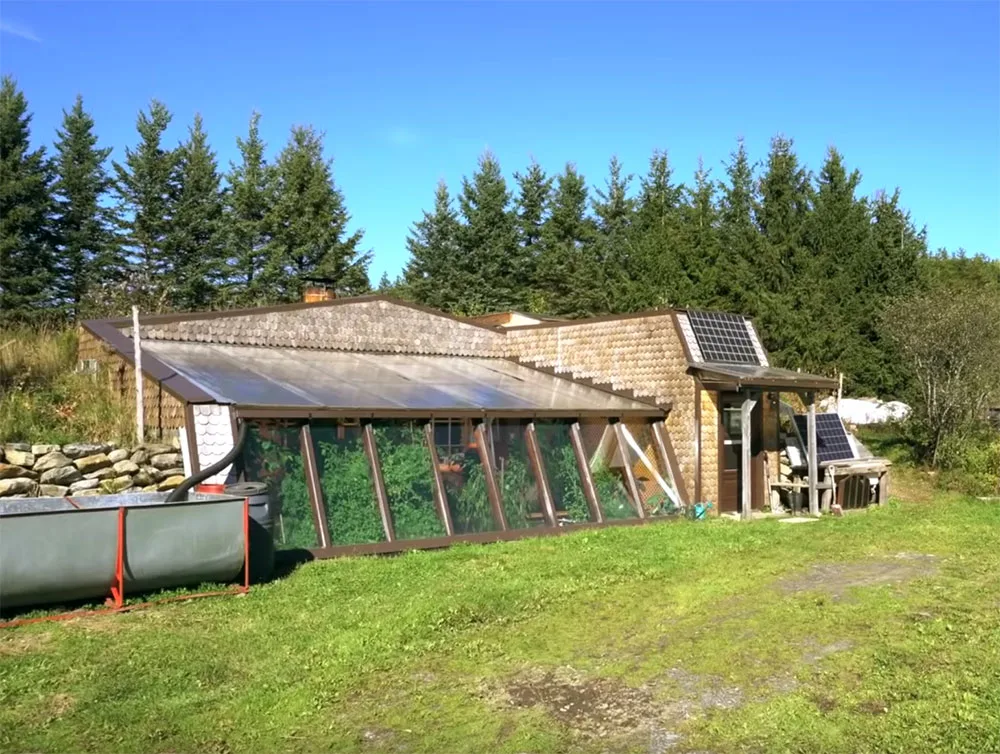
Quebec’s Capital City and Strong Economy
Quebec City, the provincial capital, is a city steeped in history and cultural significance. Known for its iconic architecture, such as the historic district of Old Quebec, the city exudes charm and offers a wealth of attractions. From exploring the majestic Chateau Frontenac to strolling along the enchanting streets of Petit-Champlain, Quebec City showcases the unique character and timeless beauty of the province.
Montreal: Economic Hub
Another prominent city in Quebec is Montreal, often referred to as the economic hub of the province. With a vibrant arts scene, world-class universities, and a diverse population, Montreal offers a flourishing economy and numerous job opportunities. The city is home to a variety of industries, including aerospace, technology, finance, and entertainment. This economic stability and diverse job market make Montreal an enticing destination for individuals seeking career growth and professional advancement.
Characteristics of Quebec’s Climate
As Canada’s largest province, Quebec experiences a diverse climate that changes throughout the year. The province’s climate can be described as humid continental, characterized by distinct seasons.
Humid Continental Climate
Quebec’s humid continental climate is greatly influenced by its location and geographical features. The province’s proximity to the Atlantic Ocean and the St. Lawrence River plays a significant role in shaping its weather patterns. The climate is marked by hot and humid summers, cold and snowy winters, and moderate spring and fall seasons.
Distinct Seasons
Quebec experiences four distinct seasons, each offering its own unique charm. The summers, with temperatures averaging around 25-30°C (77-86°F), provide ample opportunities for outdoor activities and festivals. Fall showcases the awe-inspiring beauty of vibrant foliage, attracting tourists from around the world. Winters are known for their snow-covered landscapes, providing ideal conditions for winter sports such as skiing and snowboarding. Spring heralds the arrival of milder temperatures and blooming flowers, rejuvenating the province with a burst of color and life.
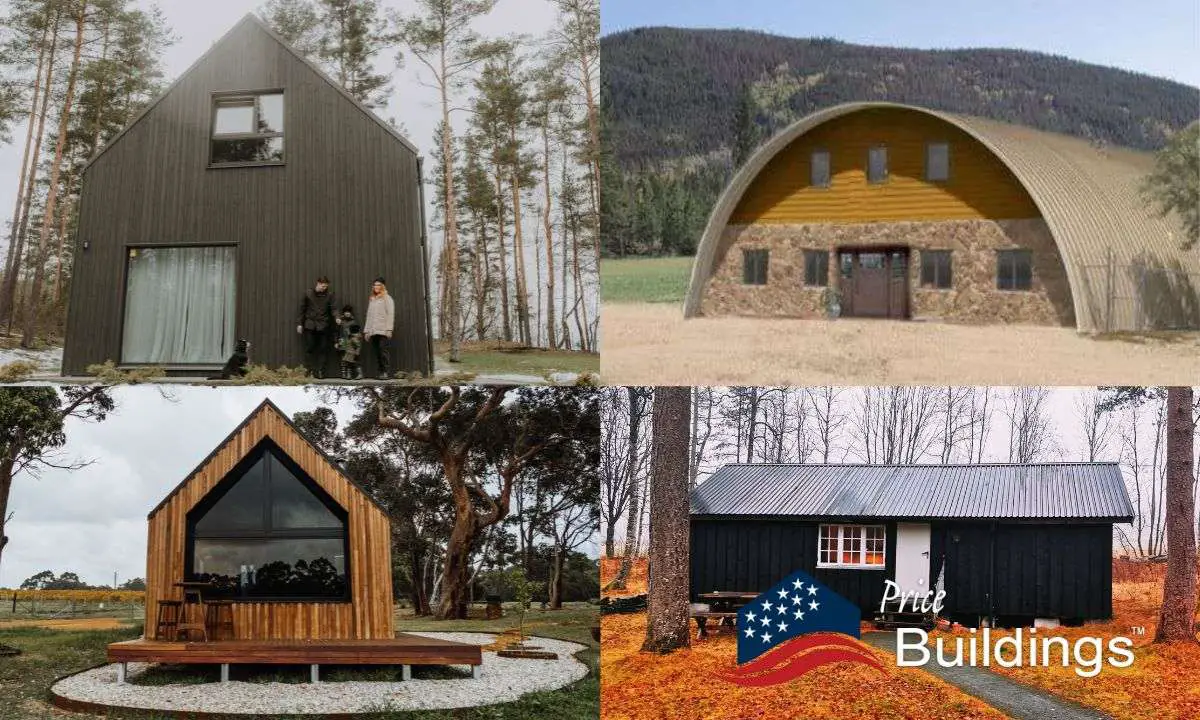
Opportunities for Organic Gardening and Farming
Quebec has a rich agricultural heritage, and its fertile land and unique climate offer ideal conditions for organic gardening, farming, and homesteading.
Rich Agricultural Heritage
The province of Quebec has a long-standing tradition of agriculture, with farming playing a crucial role in its history and culture. The region is renowned for its agricultural practices, particularly in the production of maple syrup, dairy products, and various crops. Quebec’s commitment to sustainable and organic farming methods is evident in its support of small-scale farmers and the promotion of local and organic food consumption.
Ideal Conditions for Organic Practices
Quebec’s diverse landscape and favorable climate make it an excellent location for organic gardening and farming. The abundance of freshwater, fertile soil, and ample sunshine provide the essential elements for cultivating healthy and sustainable crops. Individuals interested in organic practices can take advantage of the province’s resources and educational programs to hone their skills and contribute to the development of a thriving organic community.
Abundant Freshwater Availability in Quebec
Quebec is blessed with an abundance of freshwater resources, making it a province with easy access to clean and reliable water.
Thousands of Lakes
With thousands of lakes scattered across its vast territory, Quebec is a paradise for water enthusiasts. These pristine bodies of water offer opportunities for swimming, boating, fishing, and other water-based activities. Quebec’s commitment to preserving its lakes and rivers ensures that residents and visitors can enjoy the benefits of clean and healthy aquatic environments.
High Yearly Rainfall
In addition to its vast lake network, Quebec benefits from high yearly rainfall. This ample rainfall sustains the province’s lush forests, nourishes its farmland, and maintains the ecological balance of its diverse ecosystems. The presence of abundant water resources further enhances the livability and productivity of Quebec, contributing to its overall well-being and prosperity.
Diverse Wildlife in Quebec
Quebec is home to a diverse range of wildlife, thanks to its vast and varied landscapes that encompass forests, mountains, and bodies of water.
Deer
Deer, such as white-tailed deer and moose, are abundant in Quebec’s forests. These graceful creatures can often be spotted in wooded areas, grazing on vegetation or traversing the wilderness. Quebec’s commitment to conservation and wildlife management ensures the preservation of deer populations and their natural habitats.
Bears
Quebec is also home to black bears, which can be found in remote areas and forests. While encounters with bears are rare, it is essential to exercise caution and adhere to proper safety practices when exploring the outdoors. Quebec’s efforts in bear conservation ensure the continued existence of these magnificent creatures and maintain a healthy balance within the ecosystem.
Caribou
Caribou, known for their impressive antlers and unique adaptations to northern climates, roam Quebec’s vast tundra regions. These majestic creatures are an integral part of Quebec’s natural heritage and are protected to preserve their populations. Seeing caribou in their natural habitat is a truly remarkable experience, highlighting the province’s commitment to wildlife and biodiversity conservation.
Fish Species
Quebec’s extensive network of lakes and rivers supports a diverse range of fish species. From salmon and trout in the province’s rivers to walleye and pike in its lakes, anglers can find ample opportunities to cast their lines and reel in an impressive catch. Fishing regulations and conservation efforts ensure the sustainability of fish populations, allowing future generations to enjoy this beloved pastime.
Legalities and Infrastructure for Off-Grid Living
Living off the grid in Quebec involves embracing renewable energy sources, following local laws, and ensuring necessary permits are obtained.
Off-Grid Living in Quebec
Quebec provides a supportive environment for individuals interested in off-grid living. The province’s commitment to renewable energy, coupled with its well-maintained road access infrastructure, makes it feasible to create self-sustaining off-grid systems. From solar power and wind turbines to water conservation and sustainable waste management, Quebec offers the necessary resources and legal framework for individuals looking to disconnect from traditional utilities and live in harmony with nature.
Well-Maintained Road Access
Quebec’s well-maintained road infrastructure ensures that individuals living off the grid have reliable access to their properties. This accessibility is crucial for transporting building materials, maintenance supplies, and daily necessities. The province prioritizes road maintenance and upgrades, making it easier for off-grid enthusiasts to build and maintain their sustainable homes.
Obtaining Permits and Complying with Laws
Before embarking on an off-grid lifestyle in Quebec, it is essential to understand local laws and regulations pertaining to land use, building codes, and waste management. Obtaining the necessary permits and adhering to provincial and municipal guidelines ensures a smooth transition and compliance with legal requirements. Quebec offers resources and support to help individuals navigate the legalities of off-grid living, ensuring a seamless and lawful transition to a sustainable lifestyle.
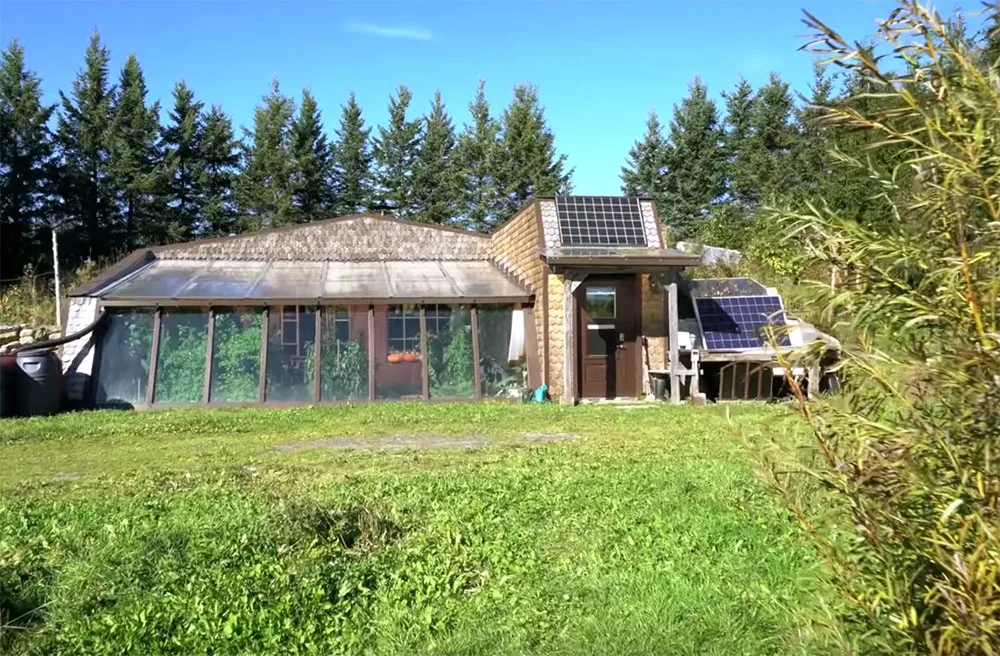
Real Estate in Quebec: Price and Job Opportunities
The real estate market in Quebec reflects the province’s high population density and economic stability. While property prices can be higher than the national average, Quebec offers various job opportunities across multiple industries.
High Property Prices
Due to its population concentration and desirable urban centers, Quebec experiences higher property prices compared to other provinces in Canada. The cost of real estate in cities such as Montreal and Quebec City can be particularly steep. However, it is important to note that the province has a range of property options, with more affordable opportunities available in suburban and rural areas. Working with a knowledgeable real estate agent is recommended to find the right property within budget.
Job Opportunities in Various Industries
Quebec’s strong economy and diverse industries provide numerous job opportunities for residents and newcomers. The province boasts thriving sectors such as mining, agriculture, renewable energy, manufacturing, and tourism. Quebec’s lower than average unemployment rate further demonstrates its economic stability and commitment to job creation. With a focus on sustainable industries, Quebec offers a promising future for individuals seeking meaningful employment and career growth.
Living Off the Grid in Quebec: Practical Considerations
Living off the grid in Quebec requires careful consideration of practical aspects, including local laws, necessary permits, and preparations for natural disasters.
Understanding Local Laws
Living off the grid involves complying with local laws and regulations to ensure a safe and legal lifestyle. Familiarizing oneself with land use policies, zoning regulations, and building codes is crucial to avoid any legal complications. Taking the time to understand Quebec’s legal framework for off-grid living ensures a seamless and secure transition to sustainable living.
Necessary Permits
Obtaining the necessary permits for off-grid living is essential to ensure compliance with provincial and municipal regulations. These permits may vary depending on the specific location and the structures or systems being implemented. By following the proper procedures and obtaining the required permits, individuals can enjoy their off-grid lifestyle without any legal concerns.
Preparing for Natural Disasters
Quebec, like any region, is susceptible to natural disasters such as storms, floods, landslides, earthquakes, and wildfires. Living off the grid requires careful preparation and awareness of potential risks. Implementing strategies for emergency preparedness, such as having a backup power system, storing ample supplies, and maintaining communication channels, ensures readiness in the face of unforeseen circumstances. Quebec’s government and local organizations provide resources and guidance to help residents prepare for natural disasters and mitigate their impact.
In conclusion, Quebec, as Canada’s largest province, offers a multitude of opportunities for individuals seeking a unique and sustainable way of life. From its commitment to renewable energy and organic farming to its abundant freshwater resources and diverse wildlife, Quebec showcases its dedication to environmental stewardship and preserving its natural heritage. While the cost of living may be higher than average, the province’s strong economy and job opportunities in various industries make it an attractive destination for those seeking career growth and stability. Embracing an off-grid lifestyle in Quebec requires careful consideration of legalities, necessary permits, and preparations for natural disasters, ensuring a smooth and secure transition to sustainable living. With its rich history, vibrant cities, and breathtaking landscapes, Quebec continues to captivate and inspire both residents and visitors alike.

